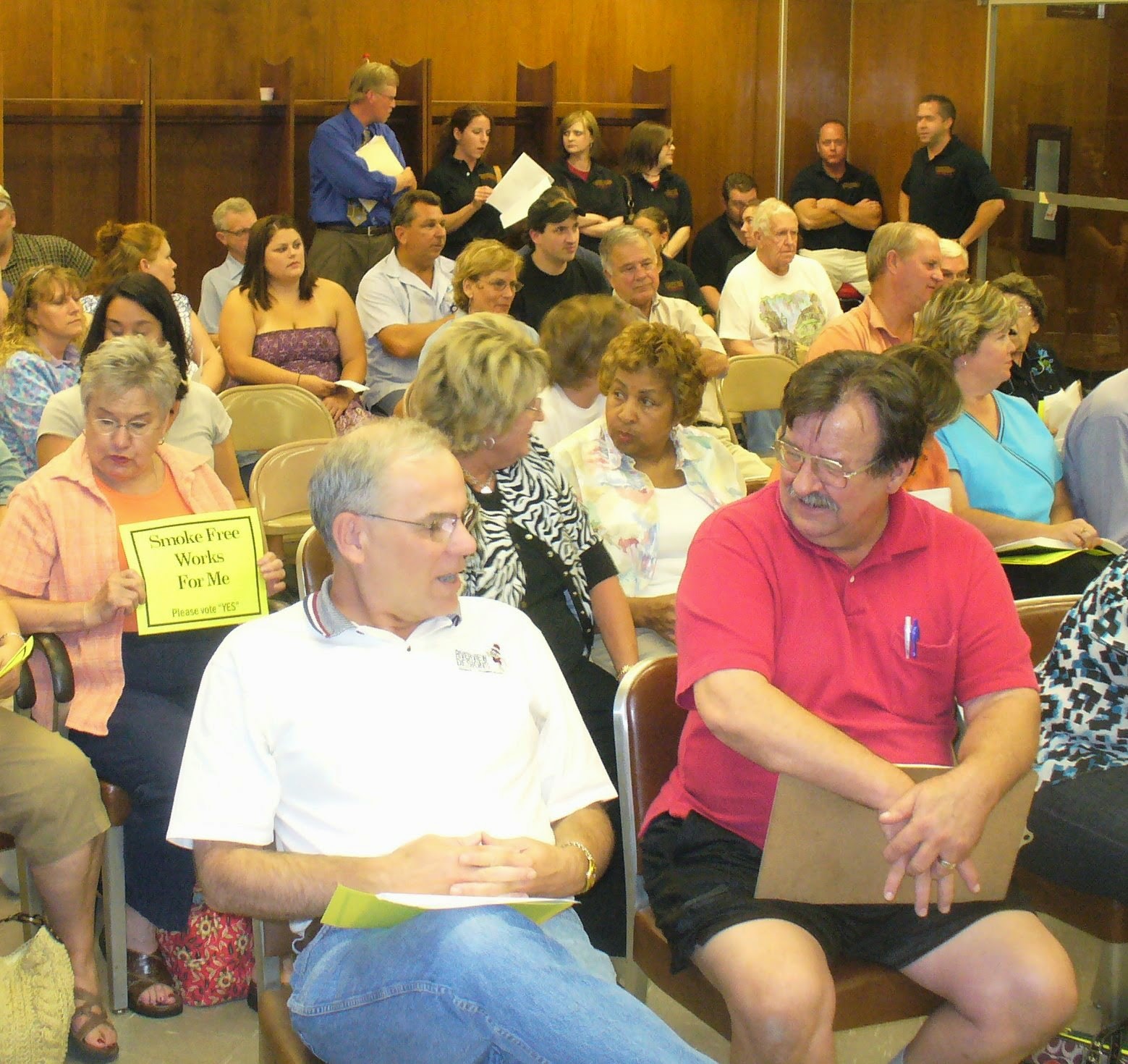A guest column, by Brandon W. Smith.
Last month, HBO aired the stirring documentary Pussy Riot: A Punk Prayer about the ordeal of three women from the Russian punk group, Pussy Riot. In 2012, the women were sentenced to two years in prison labor camps for donning colorful balaclava masks and crashing a Russian Orthodox service in Moscow’s rebuilt Christ the Savior Cathedral. The chaotic 40-second performance contained a strong anti-Putin message, asking the Virgin [Mary] to drive him away and referring to the unhealthy union between the Orthodox Church and Putin’s regime as “God shit.” Needless to say, this shocked the faithful in attendance and infuriated government officials.
This was not the first time Pussy Riot had staged radical, impromptu performances (“Putin has Pissed Himself” in Red Square, for instance), but this time they went too far. The police rounded up three members and arrested them for “hooliganism motivated by religious hatred,” a charge that carries up to a 7 year sentence under Russian law. At what could be fairly described as a show trial, the young women remained defiant of the authorities but respectful of the faithful, apologizing to them and denying any motivation of religious hatred.
The judge handed down a “lenient” sentence of two years in a prison labor camp for what, in the United States, we would characterize as Constitutionally-protected free speech and expression. In Indiana, the disruption of a church service could be construed as misdemeanor disorderly conduct, but most would dismiss the intrusion as overzealous youthful rebellion. The First Amendment would have protected the content of the performance.
On “appeal,” one of the women was able to hire a private lawyer and had her sentence suspended (she had been detained at the Cathedral before she could sing or dance), but the other two members, Maria Alyokhima and Nadezhda Tolokonnikova, remain imprisoned, repeatedly denied parole despite having young children at home. Amnesty International has designated the women as prisoners of conscience, and international interest in the fate of Alyokhima and Tolokonnikova remains high.
In this country, we cherish our freedom of speech and expression. With some narrow exceptions, we are free to use the pen, the guitar, the paintbrush to challenge society and the powers-that-be without fear of government retribution. When Rolling Stone magazine published the provocative image of Boston bomber Dzhokhar Tsaernav on its August cover, for example, reprisals were limited to counter-images, denunciation by the offended, and some loss of business for the magazine; government persecution was never on the table. This is how we handle unpopular speech in the United States, and we are better for it.
In school, we learn the history of presidents and wars and hopefully something about the history of our fundamental civil liberties. Most political history, however, is recorded in the everyday interactions between citizens and local bureaucracies. These interactions include places like the license branch, county clerk’s office, traffic court, and in the case of New Albanian Brewing Company’s Roger A. Baylor, the Floyd County Health Department.
Most local readers will be familiar with the squabble over whether alcohol vendors need temporary food server permits to pour at off-site events, which has been reported in the local paper and widely publicized by Mr. Baylor on his blog and social media activity. The striking thing about this tiff is not the legal challenge to the Department’s expansion of its permit requirements; rather, it is the demonstration of why abstract principles like free speech and the rule of law are critically important in our lived reality.
The beer-pouring dispute has shined a spotlight onto the inner workings of the Floyd County Health Department, a usually anonymous branch of government concerned, in part, with keeping us safe from food-borne illness. This is an important, thankless job to be sure. What has become painfully obvious, however, is that the Department leadership is quite upset at the audacity of Mr. Baylor not only to competently challenge its actions but to do so in his usual style of intelligent, biting satire. This included such gems as the “Occupy the Health Department” posters and “Under Protest” permits displayed at the Bicentennial concert events and his regular blog and social media posts. At his administrative hearing to challenge the permits, which is supposed to be a neutral forum, the Department leadership went so far as to call these protests “somewhat juvenile.”
Rather than being “juvenile,” Mr. Baylor has used his creative talents to effectively raise awareness about a government bureaucracy arguably overstepping its power. He also marshaled the law, public pressure, and the Indiana Public Access Counselor to ensure his right to a full and fair hearing of his permit protest. Should he lose at the board level, he has meaningful redress before higher administrative boards and courts of law. Should he ultimately lose, he can seek to change the laws and regulations with which he disagrees.
If only officials at all levels of government were so effectively reminded of their duties and the limits on their power. In the end, the Department must defer to Mr. Baylor’s Constitutional rights by proceeding in a neutral manner and offering him a full and fair opportunity to be heard. It may not retaliate against him. It may not seek criminal action or civil penalties for being satirized. In fact, much to the Department’s annoyance, this is not Putin’s Russia, and it must grin and bear its own Pussy Riot, because the rule of law remains, and the public is on notice.
The Health Department, of course, is not Putin, and Mr. Baylor is not Alyokhima or Tolokonnikova. These two events, however, illustrate that the way in which fundamental rights are practiced in everyday life matters to the health and well-being of a free society. On a societal level, we owe a healthy dose of respect to those who challenge us with expressive activity, even if we consider such activity “juvenile,” because they force us to grapple with the rights we hold dear and provide scrutiny that improves our government.










